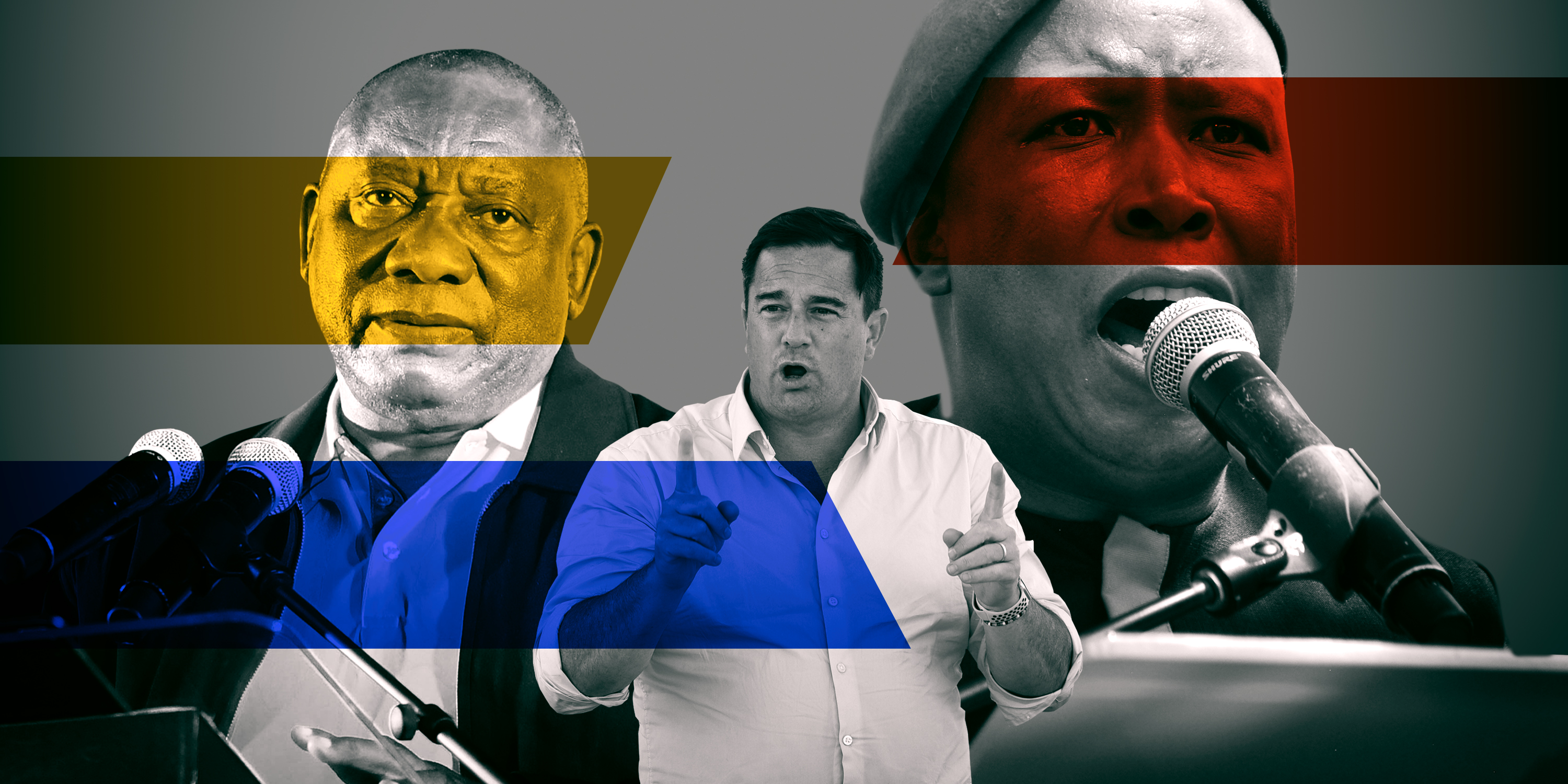The Democratic Alliance (DA) has set out six principles for participation in a government of national unity or power-sharing agreement. With 10 days left to form a government, the ANC has said it will invite parties into one.
Talks are now open on what that will mean, and the DA has become the first party to set out its principles for talks.
It has framed these in the Constitution and then set out the key areas it will seek to protect: the Preamble (The Constitution as the supreme law), the Bill of Rights and the independence of the Reserve Bank.
To open its position, the DA states, “The DA stands for an open society, underpinned by the Constitution, in which every person’s rights are respected and in which security and prosperity are enjoyed by all”.
The party says “the protection and promotion of the Constitution is foundational to the future success of South Africa,” and it says the Bill of Rights “in their entirety” should be protected.
This is important because MK’s manifesto says it will scrap the Constitution and re-introduce an apartheid-style system of parliamentary sovereignty.
Read more in Daily Maverick: Elections Dashboard
The DA also specifically says the clauses enshrining the South African Reserve Bank’s (Sarb) independence and committing South Africa to sound monetary policy must be protected.
The EFF and MK, as well as a faction of the ANC, want the Sarb nationalised (it has a small number of private shareholders who have no authority over monetary policy).
In addition, the DA also wants devolved powers for metro policing and metropolitan passenger rail. These are regarded as essential to the running of Cape Town and are long-standing lobbies for the party.
To protect reforms in energy, logistics, water supply and skills, the party fully supports Operation Vulindlela. This is the quiet but effective reform programme of the Presidency, which is a crucial reason why there have been no rolling blackouts for less than 70 days. Vulindlela, run by Rudi Dicks in the Presidency, is a programme to unblock hurdles for growth and employment.
The DA also says the following are key Vulindlela reforms which must continue:
- The unbundling of Eskom;
- Ports concessions;
- The water regulator (key because water shedding is now a norm and a significant factor in the election result);
- Skilled visa programme;
- Title deeds to expand home ownership;
- Mineral rights reforms (the establishment of an effective cadastral system); and
- Rapid expansion of digital spectrum availability (vital for growth).
The DA statement of principles highlights the areas of commonality with the ANC in a week where divisions between the two have dominated the mainstream narrative.
To make a possible GNU work, there should be full and effective parliamentary oversight of government, multi-party access to and input into the budgeting process, and various deadlock-breaking mechanisms. These are important because the experience of local governments of national unity in Johannesburg and Ekurhuleni shows that they are unstable and plummet services to the public.
The ANC and DA together have 62% of the vote after last week’s election, in which no single party won a mandate to govern on its own. But even though they have enough support to do so, the two parties cannot form a government together because of a groundswell of resistance that formed against them in the past two days. This resistance included from the ANC’s alliance partners (see this report) and also from within the party (see this report).

Analysis
This DA statement of principles is pragmatic and shows the party has been in talks with the ANC. This is clear from its support for Operation Vulindlela, the effective reform programme run by the Presidency. Deadlock-breaking mechanisms will be critical to any successful government of national unity. Its strategists have set out the first ideas on how to break logjams that can cause delays in the execution of reforms, which is essential to enhance the credibility and stability of South Africa’s post-election journey.
The early support for the independence of the SA Reserve Bank is essential as it is the constitutional protection most at risk if the EFF, MK and also the faction of the ANC, which supports nationalisation of the central bank, put it into play in negotiations.
Finally, the DA has put its manifesto commitments to ending BEE and scrapping the minimum wage on the back burner. These are the big sticking points in talks with the ANC and suggest a pragmatic, country-first stance. Today begins the 10-day countdown to the formation of a government, and this document is the first statement of principles by a major party. These are likely to still be part of substantive negotiations among parties as negotiations get going. DM





